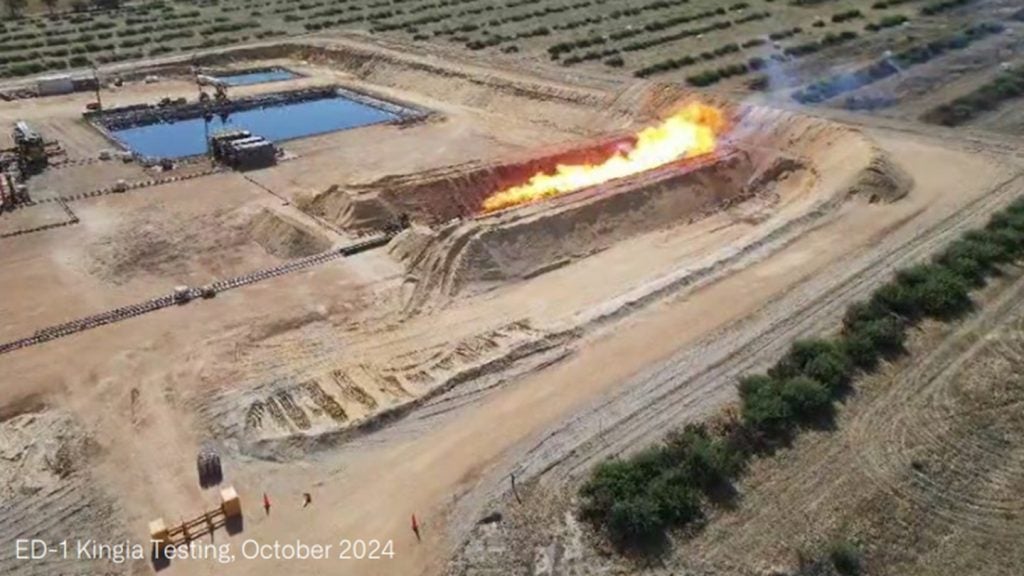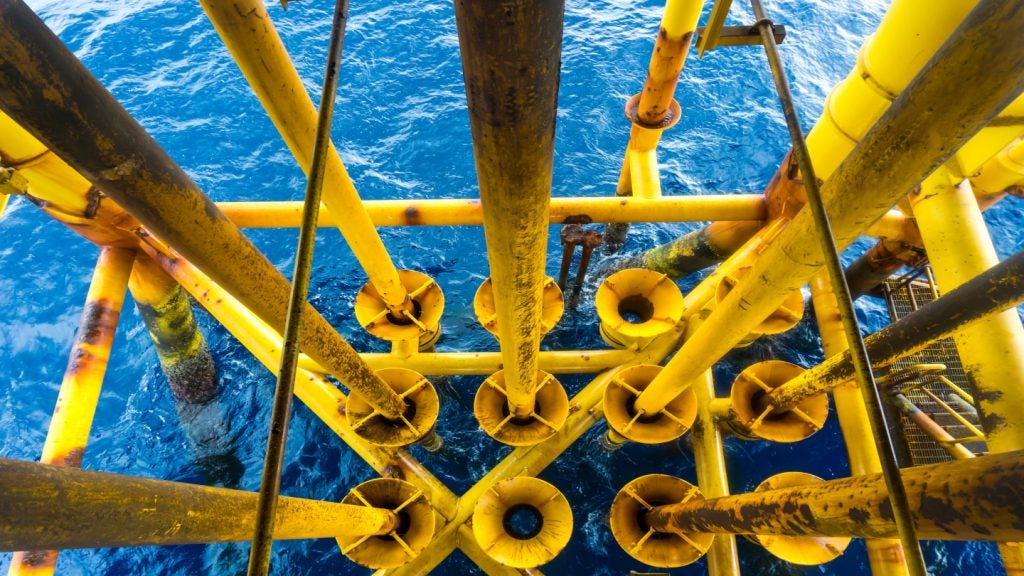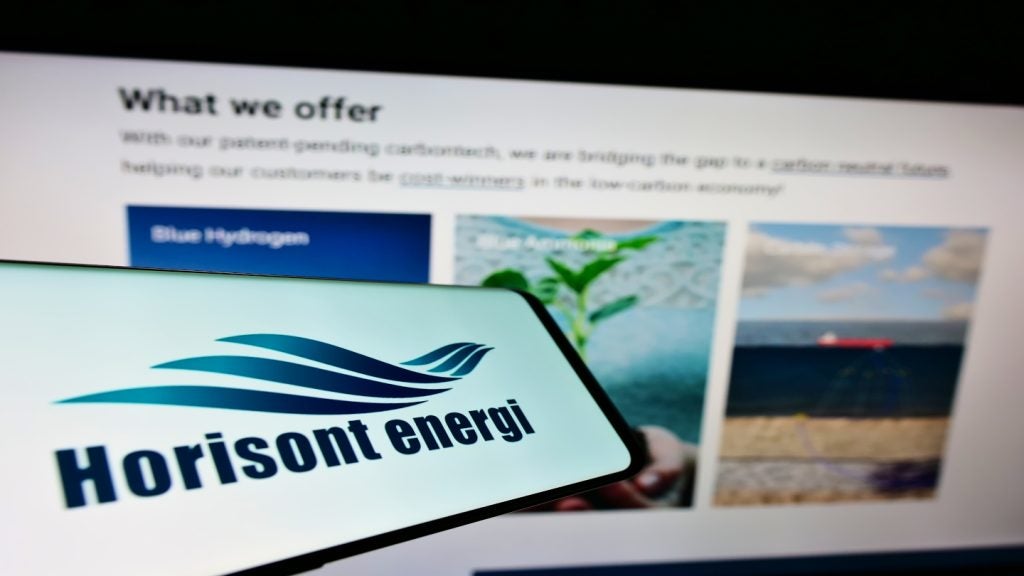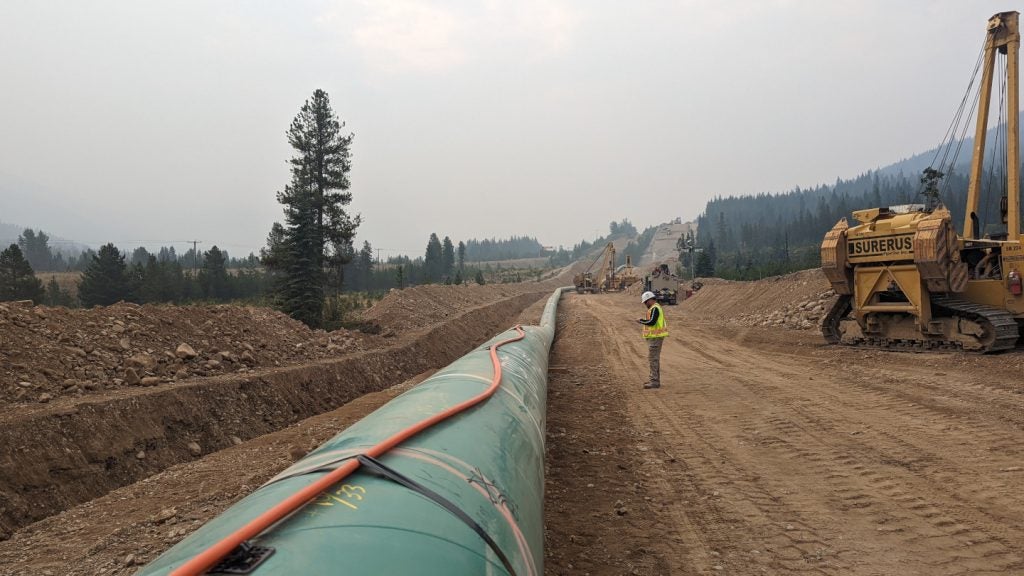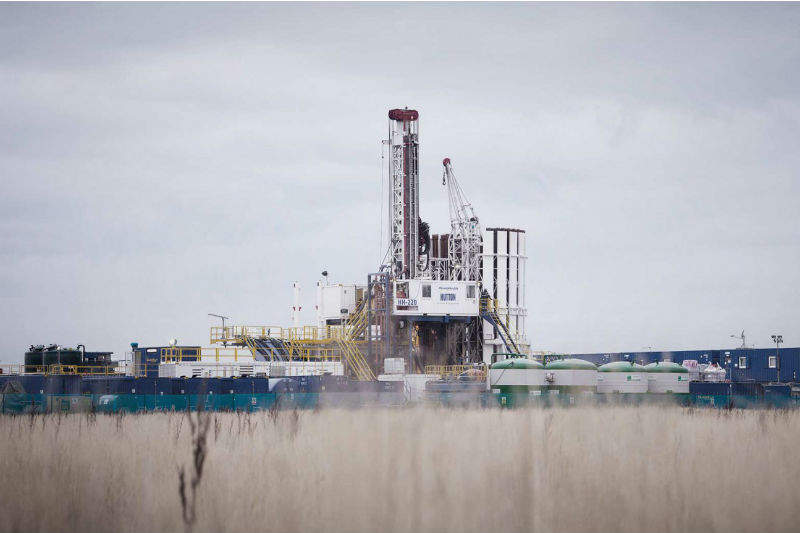
The High Court has rejected a last-minute legal attempt by anti-fracking campaigners to block fracking activities in Lancashire, which reportedly paves the way for UK onshore shale firms to restart operations after seven years.
Anti-fracking campaigner and Lancashire resident Robert Dennett instigated the legal case after winning an interim injunction last week against Lancashire County Council, forcing drilling firm Cuadrilla to halt operations temporarily at a fracking well near Blackpool.
Dennett’s legal team argued that the council’s emergency planning committee did not take into account potential accidents at Cuadrilla’s fracking site at Preston New Road.
However, the High Court judge rejected Dennett’s request for a permanent injunction, stating that the council had performed adequately regarding its civil contingency planning duties.
Cuadrilla’s lawyers said the company was incurring losses of £94,000 per day under the injunction and announced its plans to recommence fracking this week.
Cuadrilla CEO Francis Egan said in a press release: “We are delighted to be starting our hydraulic fracturing operations as planned. We are now commencing the final operational phase to evaluate the commercial potential for a new source of indigenous natural gas in Lancashire. If commercially recoverable this will displace costly imported gas, with lower emissions, significant economic benefit and better security of energy supply for the UK.
How well do you really know your competitors?
Access the most comprehensive Company Profiles on the market, powered by GlobalData. Save hours of research. Gain competitive edge.

Thank you!
Your download email will arrive shortly
Not ready to buy yet? Download a free sample
We are confident about the unique quality of our Company Profiles. However, we want you to make the most beneficial decision for your business, so we offer a free sample that you can download by submitting the below form
By GlobalData“The hydraulic fracturing process will take approximately three months to complete for both horizontal exploration wells. Cuadrilla will then test the flow of natural gas from those two wells with initial results expected in the New Year.”
Oil services firm Schlumberger will be responsible for the fracking process, which involves pumping water, chemicals and sand underground at high pressure to fracture the shale rock below. The operation is said to take up to three months.
While the Department for Business, Energy and Industrial Strategy declined to comment on the judgement directly, speaking on UK shale operations in general, a government spokesperson said: “Shale gas has the potential to be a new domestic energy source, enhancing our energy security and delivering economic benefits, including the creation of well paid, quality jobs. We have been clear that any shale developments must be safe and environmentally sound.”
Members of Parliament from across the major political parties have recently spoken out against fracking.
Anti-fracking groups react
Anti-fracking environmental groups have responded to the High Court’s decision, saying that if UK fracking activities increased it would cause serious issues for climate change.
A Greenpeace UK spokesperson told Offshore Technology: “The fracking industry has found itself on the right side of the law on this occasion but it remains firmly on the wrong side of history. With the world’s top climate scientists warning we have just over a decade to stop dangerous climate change, the last thing we need is to squeeze more fossil fuels out of the ground.
“Fracking is a costly distraction that we simply cannot afford. We need our government to get on with the real job at hand – dramatically reducing the carbon emissions from our cars, homes and power plants, and reaping the economic benefits of climate leadership.”
Friends of the Earth UK campaigner Jamie Peters attended the court hearing and said in a press release: “Today’s court ruling is sad news for local residents who’ve long fought against this dirty industry and the risks it poses to their environment and the climate. In a week in which the scale of action needed to stop climate chaos has dominated the headlines, it is simply wrong to be heralding the start of a new fossil-fuel industry.
“You can have fracking or you can deal with climate change –you can’t do both.”



